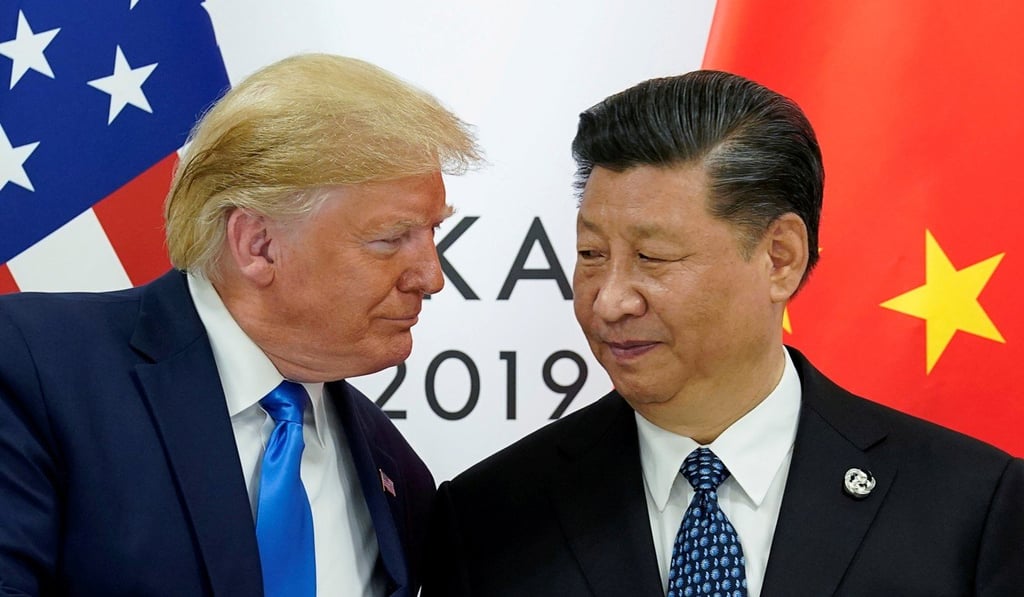China suspends purchases of US farm products in retaliation for ‘serious violation’ of trade deal between Xi Jinping and Donald Trump
- Trump’s levying of new 10 per cent tariff on Chinese imports was ‘a serious violation of the consensus of the heads of state’, China’s official news agency says
- US must ‘have the confidence to implement the commitments to create the necessary conditions for cooperation in the agricultural fields’, report says

China announced on Tuesday that it has suspended purchases of US agricultural products in retaliation for a “serious violation” of agreements between its President Xi Jinping and his counterpart Donald Trump.
Trump’s announcement last week that the US would put a new 10 per cent tariff on US$300 billion worth of imports from China was “a serious violation of the consensus of the heads of state of the two countries”, state news agency Xinhua said in a report issued soon after midnight.
China “has not ruled out import tariffs on US agricultural products purchased after August 3, and related Chinese companies have suspended purchasing US agricultural products,” Xinhua said.
“It is hoped that the US will conscientiously implement the consensus reached at the meeting between the heads of state of China and the United States, and have the confidence to implement the commitments to create the necessary conditions for cooperation in the agricultural fields between the two countries,” the report added.

After the two presidents held a summit during the G20 in Osaka, Japan in June, Xinhua reported that the two leaders had agreed to resume economic and trade negotiations, and that the US said it would not impose any new tariffs on Chinese products.